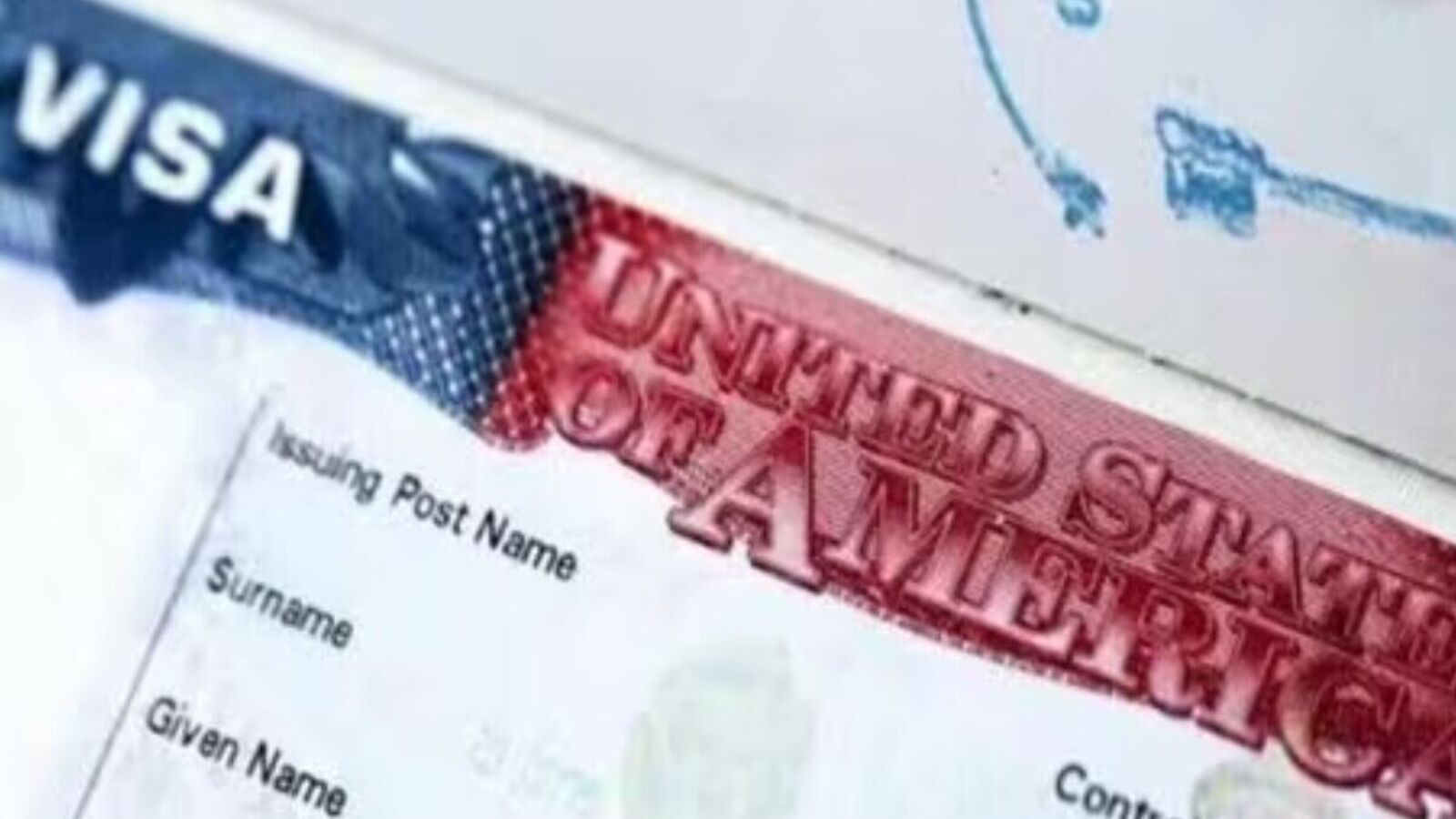The US Citizenship and Immigration Services (USCIS) has released updated guidelines explaining the implementation of the $100,000 H-1B visa fee, following a presidential proclamation issued on September 19. The guidance addresses who is responsible for paying the fee, the circumstances in which it applies, and how employers can apply for exceptions. USCIS explained through its Oct. 20 release: “The proclamation applies to new H-1B petitions filed on or after 12:01 a.m. Eastern Daylight Time on September 21, 2025, on behalf of beneficiaries who are outside the United States and do not have a valid H-1B visa,” according to USCIS. “The proclamation also applies if a petition filed on or after 12:01 a.m. Eastern Daylight Time on September 21, 2025 requests consular notification, port of entry notification, or pre-flight inspection for an alien in the United States.” Change of Status Clarified USCIS has stated that the fee does not apply to petitions involving a change of status within the US. USCIS guidance reads: “The Proclamation also does not apply to a petition filed on or after 12:01 a.m. Eastern Daylight Time on September 21, 2025, requesting a modification, change of status, or extension of stay for an alien within the United States, where the alien is granted such modification, change, or extension shall not be subject to a payee or extension. the payment if he or she subsequently leaves the United States and apply for a visa based on the approved petition and/or seeks to re-enter the United States on a current H-1B visa.” When Employers Must Pay The guidance also explains situations where the $100,000 fee applies, particularly if the change of status or extension is denied. “Additionally, if a petition filed on or after 12:01 a.m. Eastern Daylight Time on September 21, 2025, requests a change of status or modification or extension of stay and USCIS determines that the alien is not eligible for a change of status or a modification or extension of stay (eg, the Proclamation will apply and the payment must be made according to the instructions provided by USCIS,” the guidance states. USCIS emphasized that the fee does not apply to holders of currently valid H-1B visas or to petitions filed before September 21, 2025. “The Proclamation does not apply to any previously issued and currently valid H-1B visas, or any petitions filed before 12:01 a.m. Eastern Daylight Time on September 251,” USCIS said 202 . How to pay $ 100,000 fee Employers are instructed to pay the fee to submit via the federal payment portal. USCIS said: “Applicants must submit the required $100,000 payment using pay.gov, following the instructions on pay.gov at the following link: https://www.pay.gov/public/form/start/1772005176 Rare Exceptions to the Fee USCIS has confirmed that exceptions are extremely limited and only under exceptional circumstances circumstances of Homeland may be granted. $100,000 payment is granted by the Secretary of Homeland Security in the exceptionally rare circumstance where the Secretary has determined that a particular alien worker’s presence in the United States as an H-1B worker is in the national interest, that no U.S. worker is available to fill the role, that the alien worker does not pose a threat to the United States or security welfare or welfare of the service, payment on behalf of the alien would significantly undermine the interests of the United States. Petitioning employers who believe their alien worker meets this high threshold may seek an exception by sending their request and all supporting evidence to H1BExceptions@hq.dhs.gov,” the guidance reads. Employers who believe their worker meets this high threshold may request an exception by submitting evidence to: H1BExceptions.vq. -$100,000 fee only applies to new petitions filed after September 21, 2025 for non-US beneficiaries. – Change-of-status petitions within the US are generally exempt unless denied. -Current H-1B visa holders are not affected. -Rare exceptions may be requested by the Secretary of Homeland Security. -Fees payments must be made by pay.gov.
H-1B visa fee: USCIS explains who is exempt from paying $100,000 and how to apply
